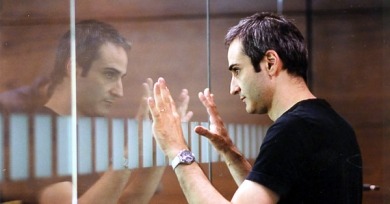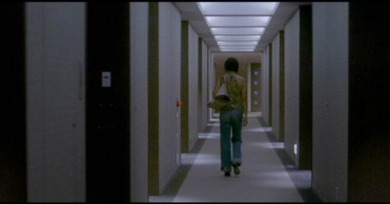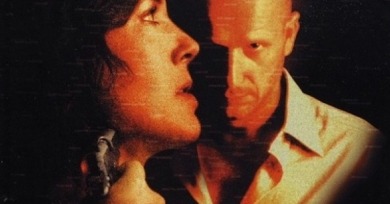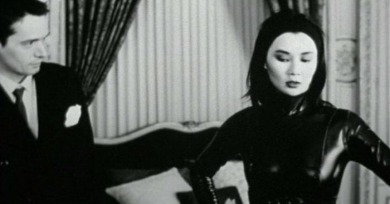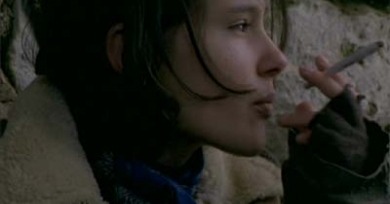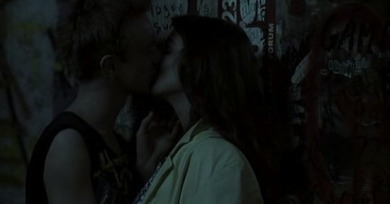Olivier Assayas
"Well, I suppose in a certain way I was very conscious that I wanted to make films—I think I knew I wanted to be a filmmaker well before I had the notion of what making films was even about."
If demonlover was one of the most scrutinized films of 2003, it was because director Olivier Assayas boldly chose to so directly enter, as well as represent, the new technology at the center of image circulation and the multibillion dollar entertainment industry.
New media has relentlessly dug its cyber-claws into the heart of cinema for over 20 years now, constantly raising the bar in an industry of simulacra manipulation that seems to be entirely without limits.
Whether you’re of the mind that demonlover is critical of modern, ruthless, globalized capitalism, or that the film is an unintentional celebration of that ruthlessness, Sonic Youth has composed music for it so bafflingly ambiguous and abstract that it could support either opinion.
Two of Assayas’s recent films, Late August, Early September (1998) and Les Destinées (2001), while appearing to be diametric narrative opposites, reach similar conclusions about the nature of work and humanity.
When Maggie Cheung finally emerges in Irma Vep (1996), after discussion of her as “an action star” and “the Chinese actress,” it’s surprising to see how plain and ordinary the supposed diva looks.
As the thumping opening guitar riff of the song we have just heard begins again, Assayas makes us the witnesses, or better yet, casual spectators, of this “lost” generation, so maniacally searching for themselves, fumbling, starting over again, and, of course, dancing.
On Olivier Assayas's first four films, Disorder, Winter’s Child, Paris Awakens, Une nouvelle vie
